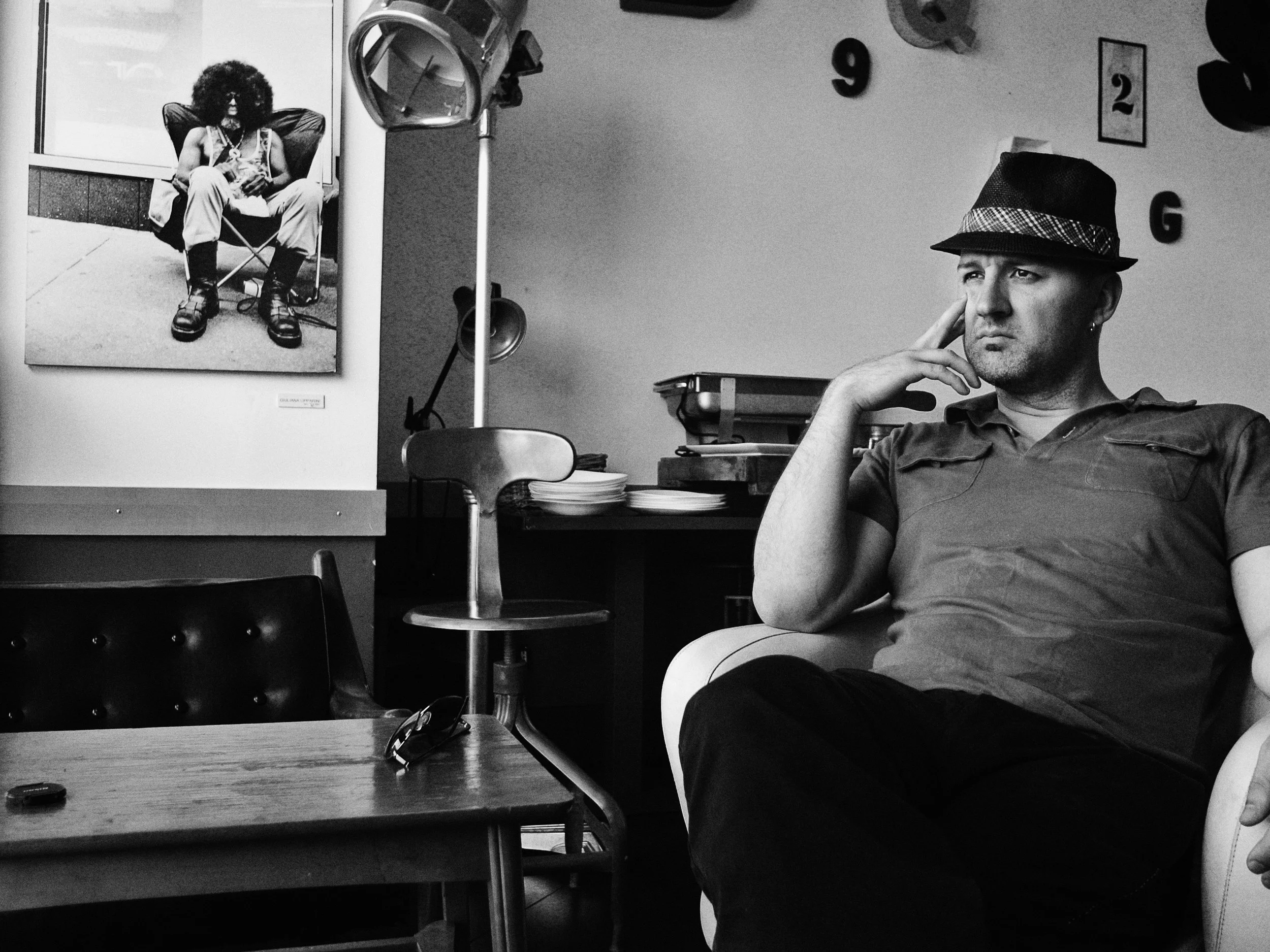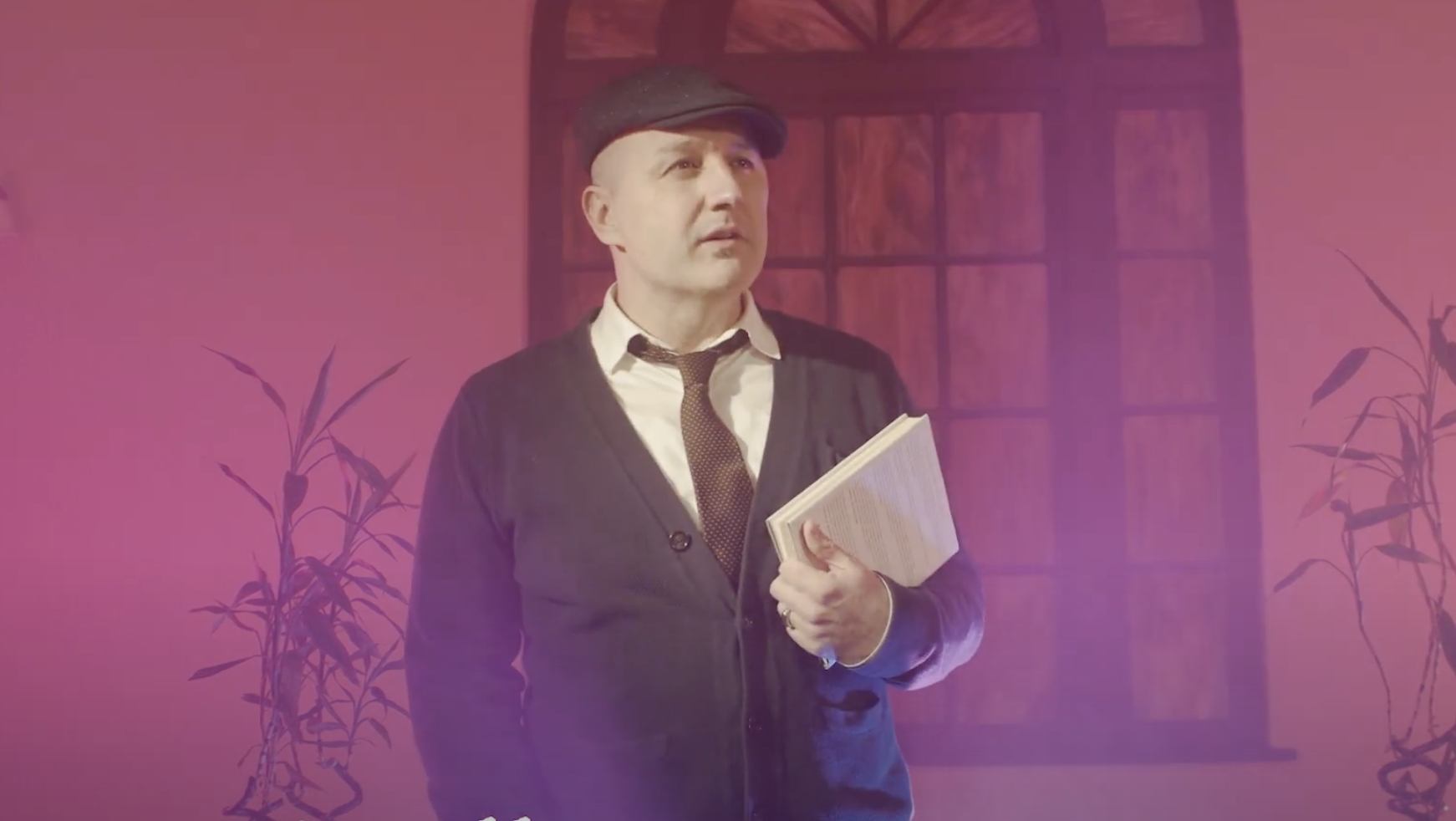About
Dr. Mischa Willett is a celebrated poet and essayist, with scholarly articles and translations appearing in a wide range of venues. He is a practicing Anglican and is Director of the Whitworth Writers’ Workshop, a low-res MFA program in Creative Writing based in Spokane, WA.
Interviews and Profiles
Audio
Reviews
Video
Images
These images are made available for CC use by book reviewers, podcasters, or other media.






Contact Mischa.
If you’d like to book a lecture, a poetry reading, or a podcast appearance, or if you’d like a copy of the books for review purposes, reach out here.
mischawillett@me.com

